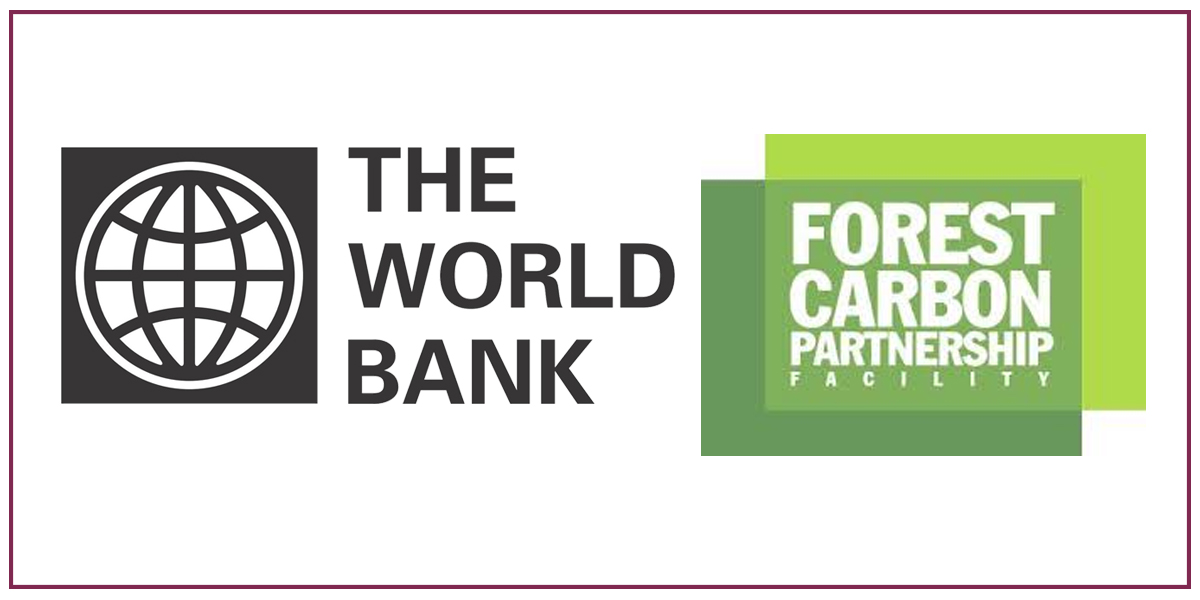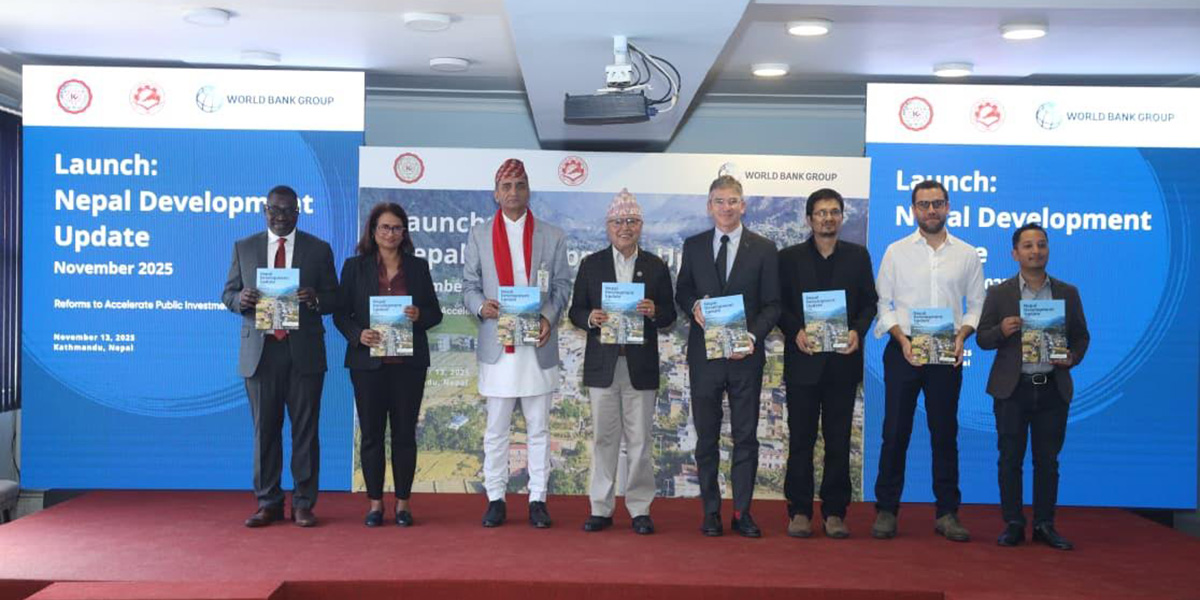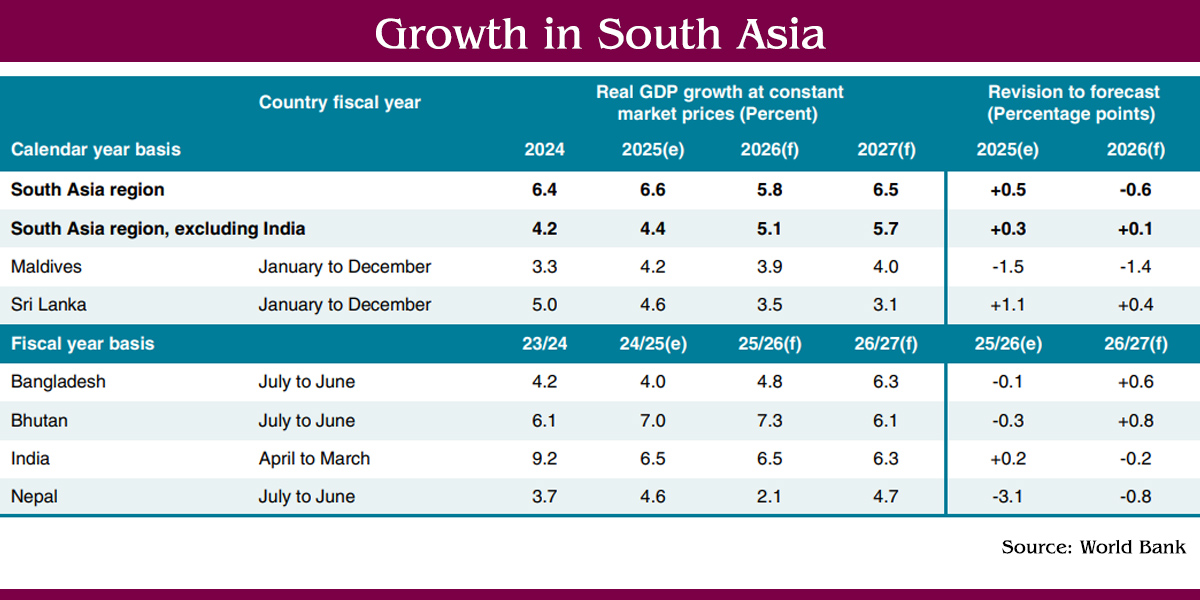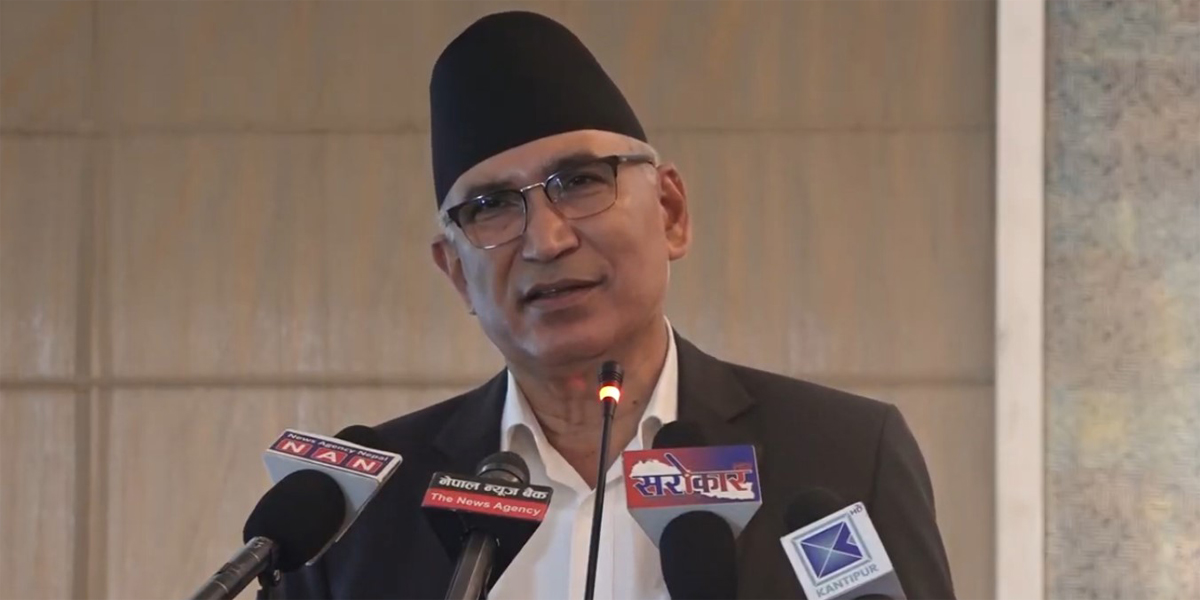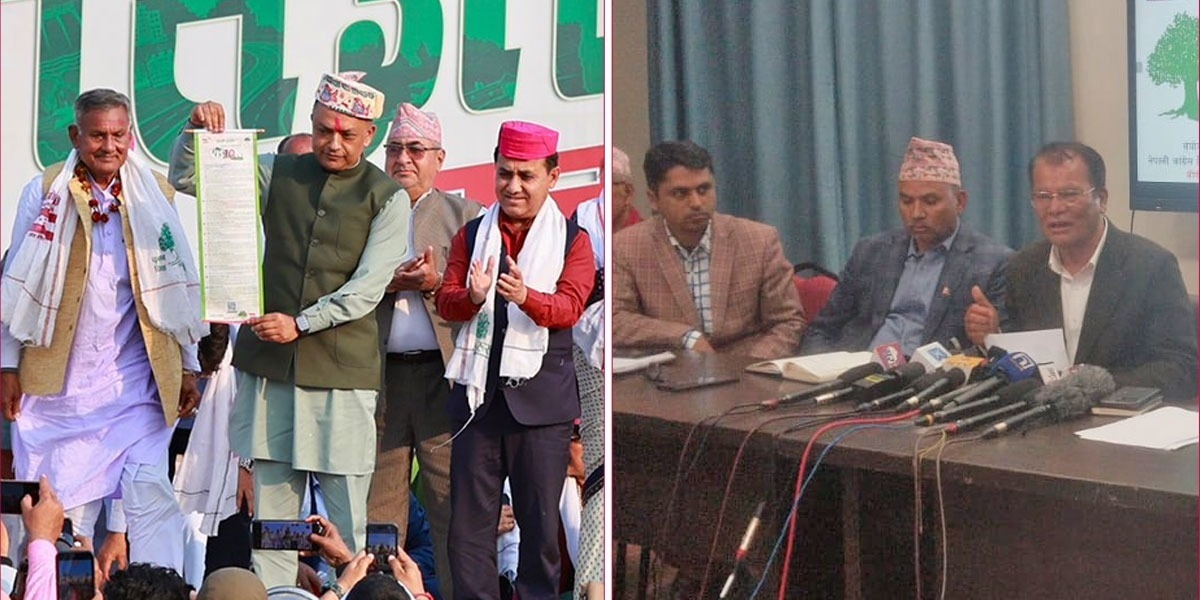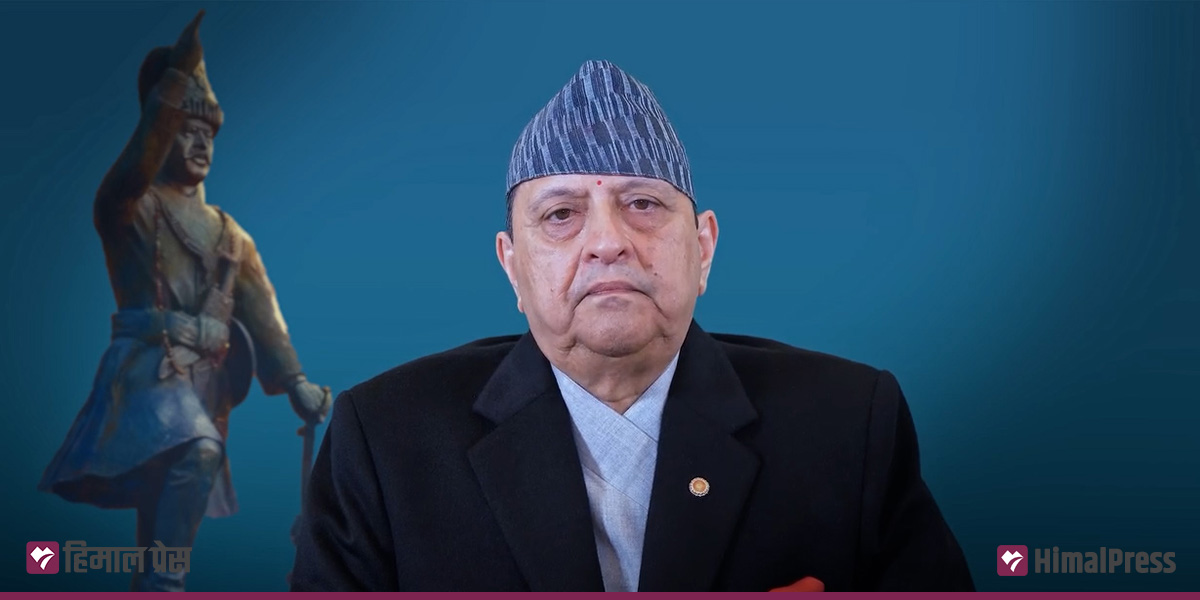
KATHMANDU: Global growth has slowed sharply and the risk of financial stress in emerging market and developing economies (EMDEs) is intensifying amid elevated global interest rates, the latest Global Economic Prospects report of the World Bank shows.
The report projects global growth to decelerate to 2.1% in 2023, from 3.1% in 2022. Growth in emerging and developing economies (EDMEs), other than China, is set to slow to 2.9% from 4.1% last year.
“The surest way to reduce poverty and spread prosperity is through employment—and slower growth makes job creation a lot harder,” said World Bank Group President Ajay Banga, commenting on the report. “It is important to keep in mind that growth forecasts are not destiny. We have an opportunity to turn the tide but it will take us all working together.”
According to the report, most EMDEs have seen only limited harm from the recent banking stress in advanced economies so far, but they are now sailing in dangerous waters. “With increasingly restrictive global credit conditions, one out of every four EMDEs has effectively lost access to international bond markets. The squeeze is especially acute for EMDEs with underlying vulnerabilities such as low creditworthiness,” it said, adding, “Growth projections for these economies for 2023 are less than half those from a year ago, making them highly vulnerable to additional shocks.”
Indermit Gill, the World Bank Group’s Chief Economist and Senior Vice President, said, “Fiscal weaknesses have already tipped many low-income countries into debt distress. The financing needs to achieve the sustainable development goals are far greater than even the most optimistic projections of private investment.”
The latest forecasts indicate that the overlapping shocks of the pandemic, the Russian invasion of Ukraine, and the sharp slowdown amid tight global financial conditions have dealt an enduring setback to development in EMDEs. According to the report, economic activity in these economies is expected to be about 5% below levels projected on the eve of the pandemic by the end of 2024.
“Many developing economies are struggling to cope with weak growth, persistently high inflation, and record debt levels. Yet new hazards—such as the possibility of more widespread spillovers from renewed financial stress in advanced economies—could make matters even worse for them,” said Ayhan Kose, Deputy Chief Economist of the World Bank Group.
In advanced economies, growth is set to decelerate from 2.6% in 2022 to 0.7% this year and remain weak in 2024

 Himal Press
Himal Press 

